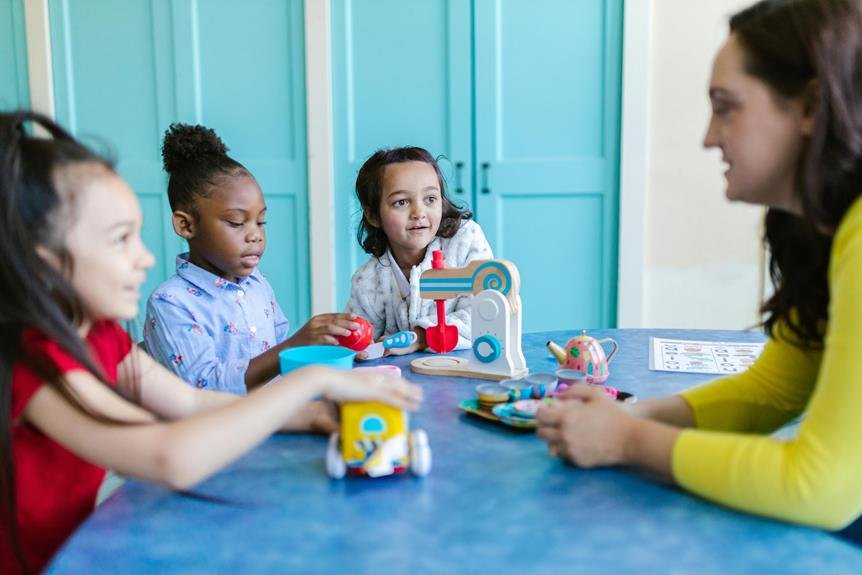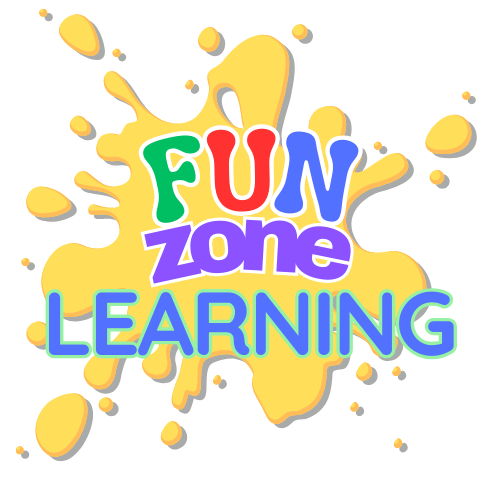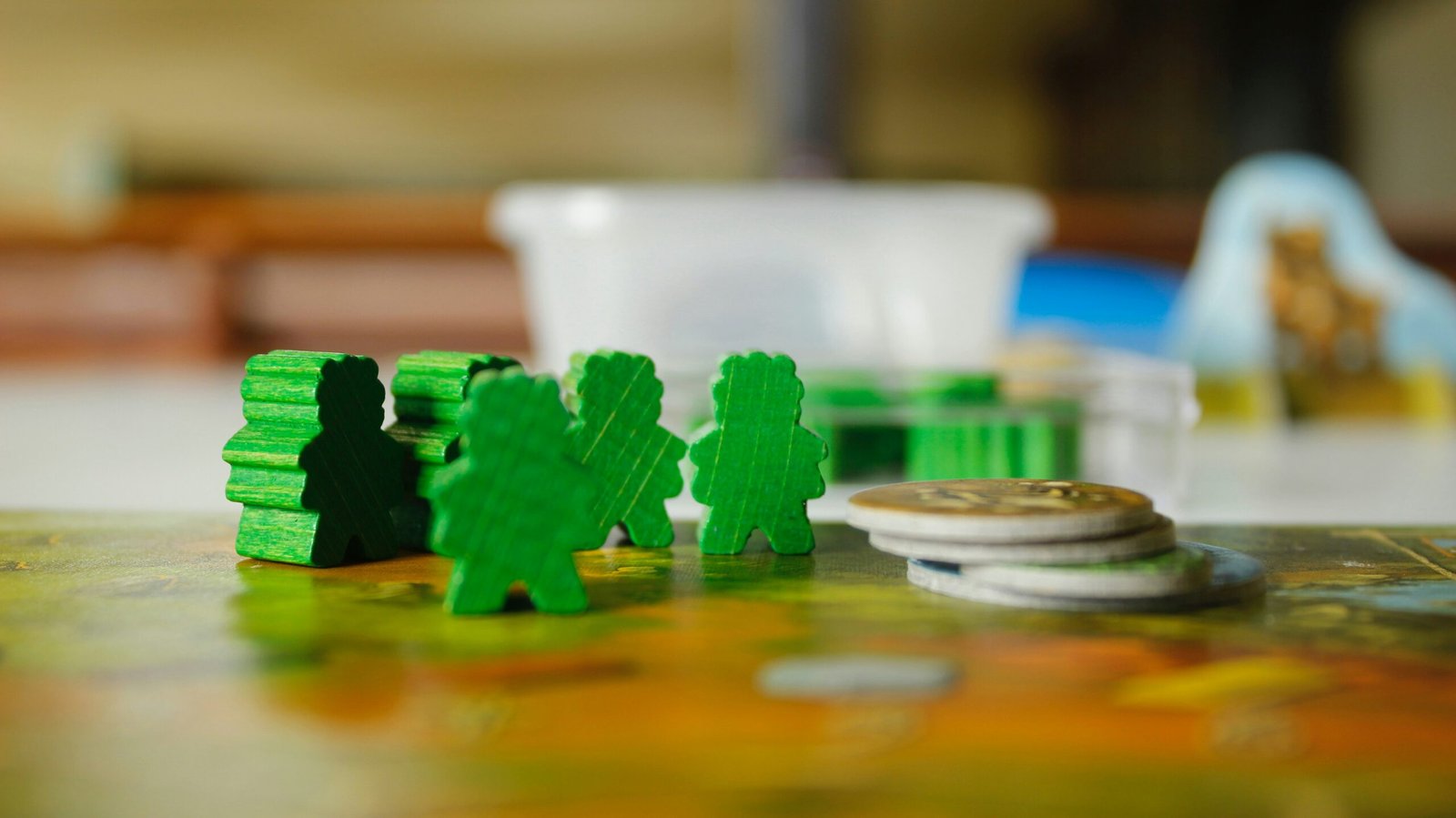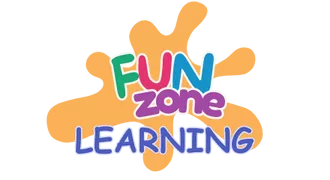
When choosing Montessori toys for preschoolers, it's essential to consider ones that cater to their developmental needs while fostering learning through play. From enhancing fine motor skills to promoting cognitive growth and encouraging imaginative exploration, the right toys can have a profound impact on your child's development. So, let's explore the world of Montessori toys together and discover which ones are considered the best for preschoolers.
Benefits of Montessori Toys for Preschoolers
When choosing Montessori toys for preschoolers, you're providing them with educational and developmentally beneficial play experiences. These toys are specifically designed to encourage hands-on learning, foster independence, and promote creativity. By engaging with Montessori toys, children develop important skills such as problem-solving, concentration, and fine motor abilities. The hands-on nature of these toys allows children to explore and learn at their own pace, building confidence and a love for learning.
Montessori toys also help preschoolers enhance their cognitive abilities by encouraging sensory exploration and discovery. Through activities like sorting, stacking, and matching, children improve their critical thinking and decision-making skills. These toys promote a deeper understanding of concepts like colors, shapes, numbers, and letters in a fun and interactive way.
Moreover, Montessori toys promote social skills as children engage in cooperative play, sharing, and taking turns. These interactions help kids develop empathy, communication skills, and teamwork abilities essential for their overall social development. By incorporating Montessori toys into your child's playtime, you aren't just providing entertainment but also fostering holistic growth and learning experiences.
Top Montessori Toys for Fine Motor Skills
Enhance your preschooler's fine motor skills with these top Montessori toys that are designed to promote dexterity and hand-eye coordination.
Montessori toys like wooden lacing beads help children refine their pincer grasp and hand-eye coordination as they thread the beads onto strings.
Puzzles with chunky knobs are excellent for improving hand strength and coordination while enhancing problem-solving skills.
Building blocks encourage precision and control as kids stack and balance the pieces to create structures.
Activities like transferring objects with tweezers from one container to another not only refine fine motor skills but also aid in concentration and focus.
Montessori toys such as nesting dolls provide opportunities for practicing hand-eye coordination and fine motor control while engaging in imaginative play.
Montessori Toys for Cognitive Development
Montessori toys for cognitive development offer engaging ways for preschoolers to enhance their critical thinking skills and problem-solving abilities. These toys focus on stimulating the mind and promoting cognitive growth through various activities.
Puzzles are excellent for cognitive development as they require children to think critically, analyze shapes, and problem-solve to complete the picture. Sorting games with different colors, shapes, or sizes help children develop categorization skills and improve their ability to recognize patterns.
Memory games are also valuable for cognitive development, as they enhance concentration, attention to detail, and memory recall. Building blocks and construction sets encourage spatial awareness, planning, and logical thinking. These toys allow preschoolers to experiment with different structures, fostering creativity and strategic thinking.
Additionally, matching games promote visual discrimination and help children make connections between different elements.
Best Montessori Toys for Imaginative Play
Spark creativity and foster storytelling skills with the top Montessori toys for imaginative play. Encourage your child's imagination to run wild with open-ended toys like wooden blocks, dollhouses, and play silks. These toys allow children to create their own narratives and explore different scenarios, helping them develop critical thinking and problem-solving skills.
Invest in a set of wooden animals or figurines to inspire imaginative play. These toys can be used in various imaginative scenarios, from creating a mini animal kingdom to going on a safari adventure. By engaging in pretend play with these figures, children enhance their language skills and emotional development.
A play kitchen or a toy toolset can also spark imaginative play opportunities. These toys enable children to mimic real-life situations, such as cooking meals or fixing things around the house. Through these role-playing activities, kids learn about social roles, develop empathy, and strengthen their creativity.





